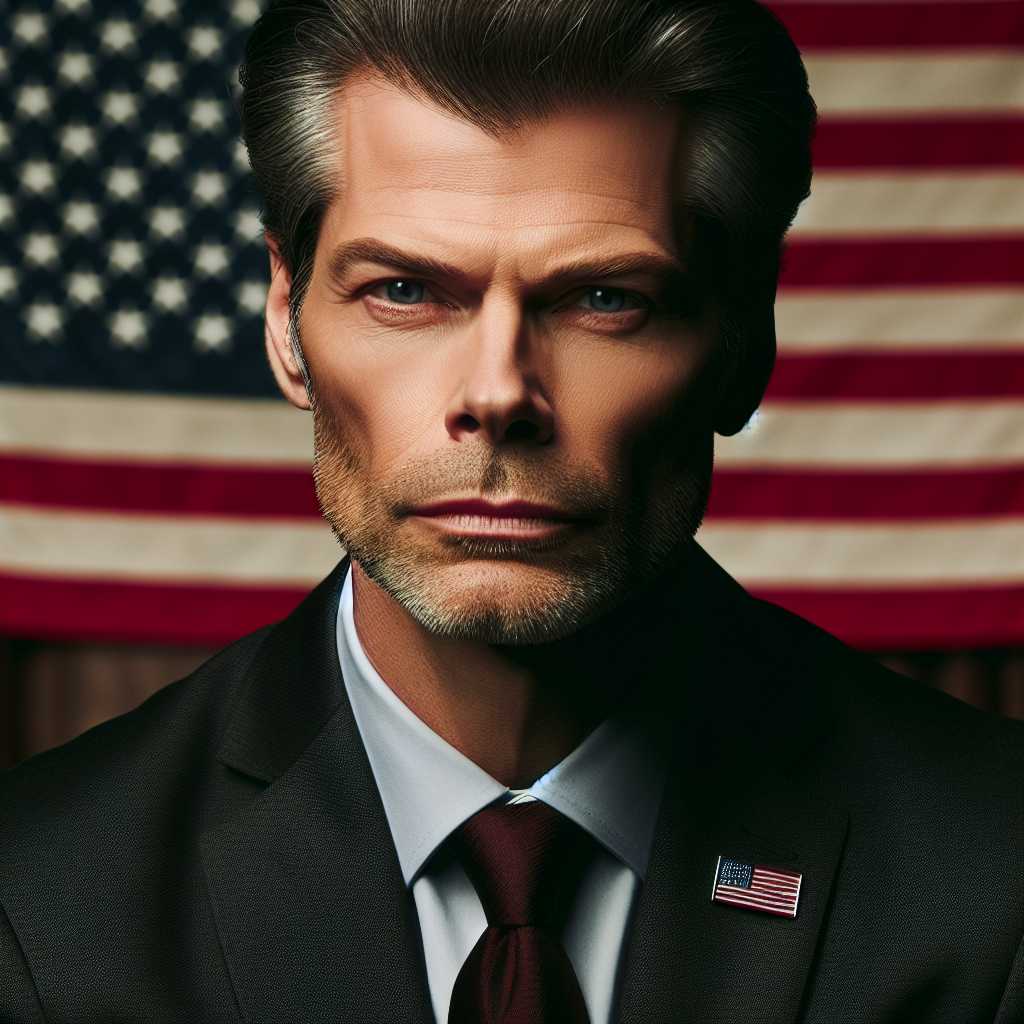The Political Career of Donald Trump: An Overview
Former President Donald Trump is one of the most discussed figures in modern American politics. Rising to political prominence from a background in business and entertainment, Trump’s tenure as the 45th president of the United States was marked by profound political and social division. This article will delve into his early life, entry into politics, presidency, major policy initiatives, legal challenges, influence on the Republican Party, and potential future impacts on American political life.
Early Life and Business Career
Donald John Trump was born on June 14, 1946, in Queens, New York City. The son of real estate developer Fred Trump, Donald Trump was groomed for a career in real estate, taking the reins of his father’s company which he eventually renamed The Trump Organization. He expanded the business into skyscrapers, hotels, casinos, and golf courses. His business dealings were characterized by a mix of successes and controversies, including several corporate bankruptcies and litigations.
Trump also became a prominent celebrity, with his public image amplified through his starring role in the reality television show “The Apprentice.” His catchphrase “You’re fired!” became synonymous with his brash and direct style.
Entry into Politics
Trump’s foray into politics began long before his presidential campaign. While he maintained a public profile commenting on various political issues for several decades, it was not until June 2015 that he announced his candidacy for the presidency. Running as a Republican, he beat seasoned politicians in the primaries and centered his campaign around themes such as immigration enforcement, trade renegotiations, and a departure from established politics.
Ascendancy to the Presidency
In November 2016, Trump won the electoral vote and assumed the presidency against Democratic candidate Hillary Clinton, who won the popular vote. His victory was a surprise to many pollsters and analysts. From the onset, his presidency was contentious, characterizing a divide in American public opinion.
Key Policies and Actions of the Trump Administration
During his presidency from January 2017 to January 2021, Trump pursued various high-profile domestic and international initiatives:
Domestic Policy
:
– Regulatory reform: Trump’s administration reduced the number of federal regulations with an aim to ease business operations.
– Tax policy: Passage of the Tax Cuts and Jobs Act in 2017, which lowered corporate tax rates and modified individual tax brackets.
– Immigration: Advocated for stricter immigration controls, including executive orders concerning border security and efforts towards building a wall on the U.S.-Mexico border.
– Health care: Efforts (ultimately unsuccessful) to repeal the Affordable Care Block grants Act (Obamacare).
Foreign Policy
:
– International Relations: Renegotiated trade agreements like NAFTA into USMCA and engaged in competitive trade policies with China.
– Middle East: Facilitated agreements between Israel and Arab states known as the Abraham Accords.
– Defense: Increased military spending and advocated for greater NATO allies’ expenditure on defense.
– Withdrawal: Undertook initiatives to reduce America’s military footprint abroad including efforts to withdraw from Afghanistan.
Impeachment Trials
:
Trump’s presidency was marked by two historic impeachments by the House of Representatives – once in 2019 related to allegations about contacting Ukraine for electoral benefit and then again in 2021 following accusations that he incited insurrection leading to the Capitol riot on January 6th of the same year. The Senate acquitted him on both occasions.
Election Loss and Aftermath
:
Trump contended the legitimacy of the 2020 election results that led to the victory of Democrat Joe Biden. His claims of widespread electoral fraud were widespread but have been numerously dismissed in courts and lack substantial proof recognized by election officials nationwide.
Influence on the Republican Party
Following his presidency, Trump has continued to hold considerable clout within their empowerment Republican Party. His endorsement is frequently sought-after by candidates seeking office at various levels of government. The term “Trumpism” has been coined to define his ideological influence within party lines.
Potential Future in Politics
As a former president with significant influence within his party, speculation abounds regarding Donald Trump’s future political ambitions. There is persistent discussion around whether he will make a presidential bid in the forthcoming elections.
Notes
Image description: A portrait of Donald Trump wearing a suit with an American flag pin on his lapel. His expression is stern as he poses against a formal backdrop that might be used often for official press releases or campaign material.
